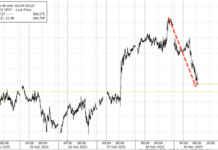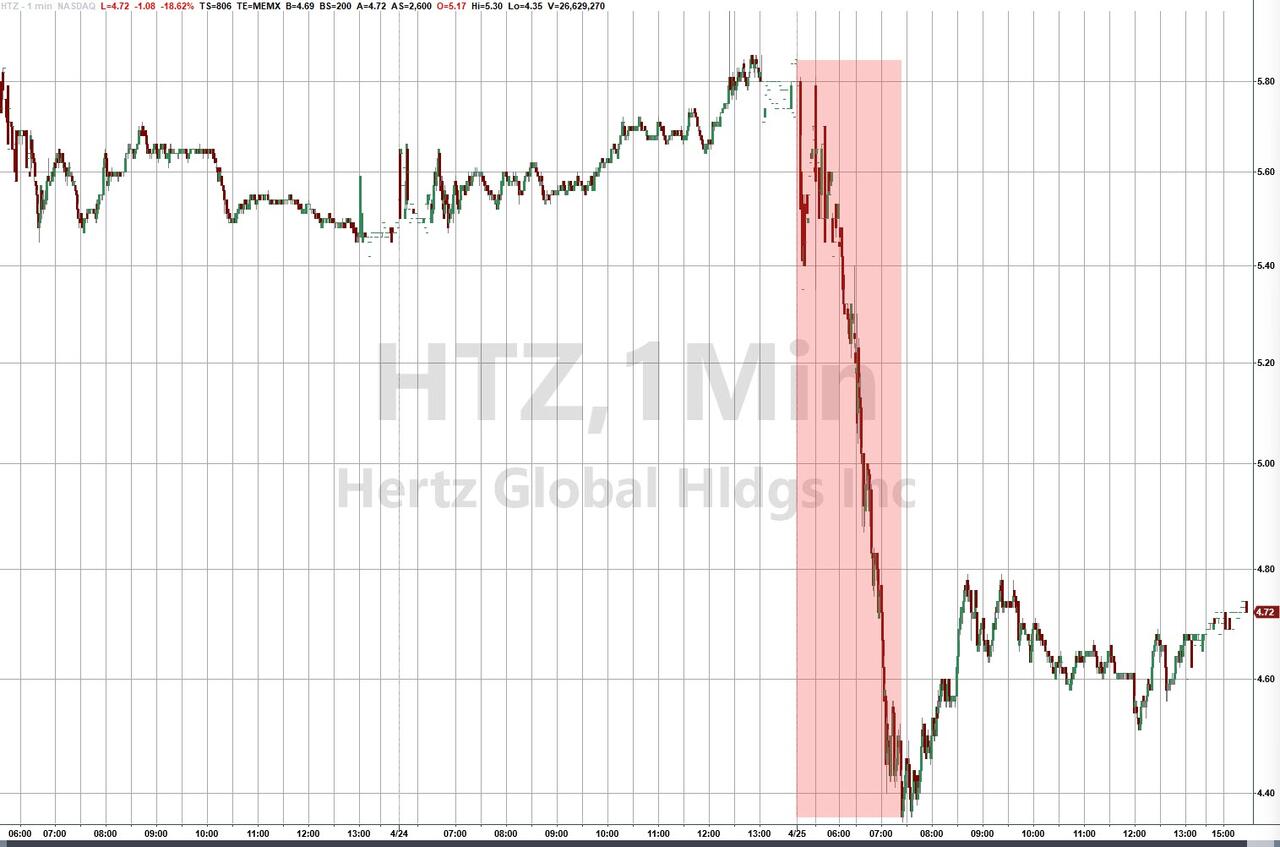By Charles Kennedy of OilPrice.com
Hertz raised the number of electric vehicles it plans to sell this year as it is cutting its EV fleet to reduce losses that have weighed on the car rental giant’s earnings.
In the first quarter, Hertz upsized its EV disposition plan by 10,000 vehicles, for a total of 30,000 EVs intended for sale in 2024. Most of these EVs will be Teslas.
The company incurred a $195 million charge to vehicle depreciation to write down the EVs held for sale which were remaining in inventory at quarter-end to fair value and recognize the disposition losses on EVs sold in the period, Hertz said in a statement on 25th April
Vehicle depreciation in the first quarter of 2024 increased by $588 million, or $339 on a per unit basis. Of the $339 per unit increase, $119 was related to EVs held for sale, the company said.
Hertz reported a much larger loss for the first quarter than analysts had forecast. Adjusted net loss stood at $392 million, or $1.28 loss per diluted share.
This compares with an analyst consensus estimate of a loss of $0.45 per share.
Following the earnings release on 25th April, Hertz’s stock crashed by 21% on the NASDAQ but ended off the lows, still down 19%…
Hertz was an early mover in buying EVs to rent to customers, but it and other car rental companies have recently started to sell the EVs they had previously purchased due to weaker customer demand for EV rentals.
Hertz, unlike other rental firms, has a more risky approach because it fully owns all the EVs it has bought and is losing money if the resale value slumps.
As it did.
Earlier this year, Hertz said in a regulatory filing to the SEC it is selling roughly one-third of its electric vehicle fleet, highlighting the risk of its first-mover strategy when it comes to EVs.

























